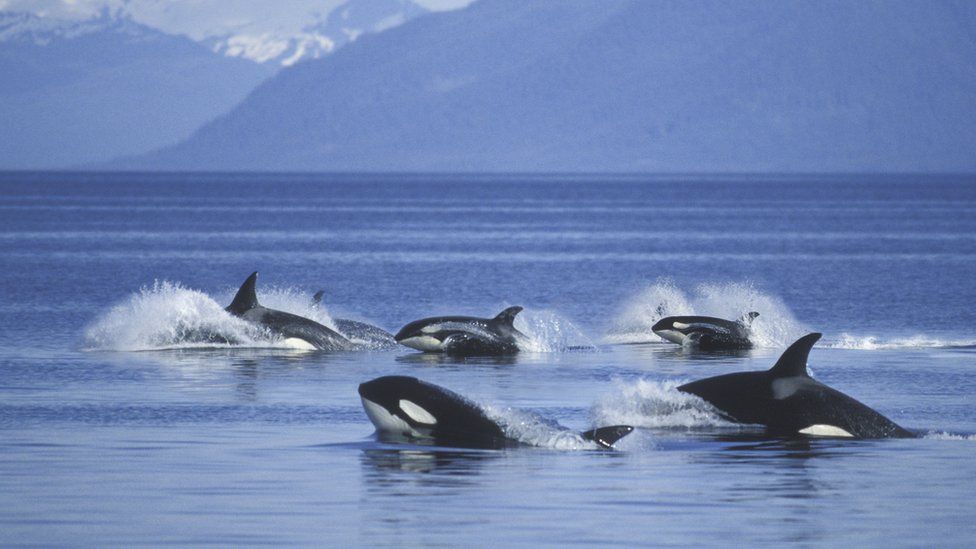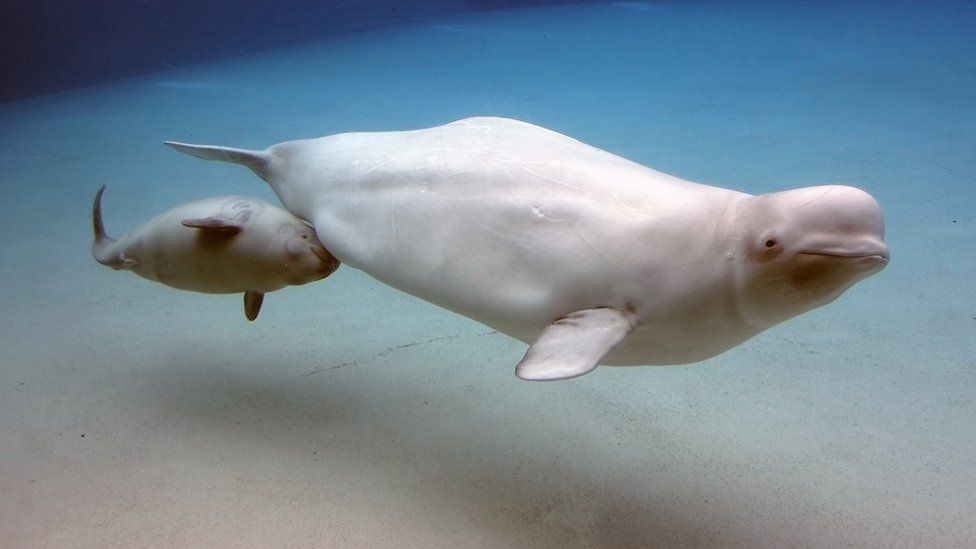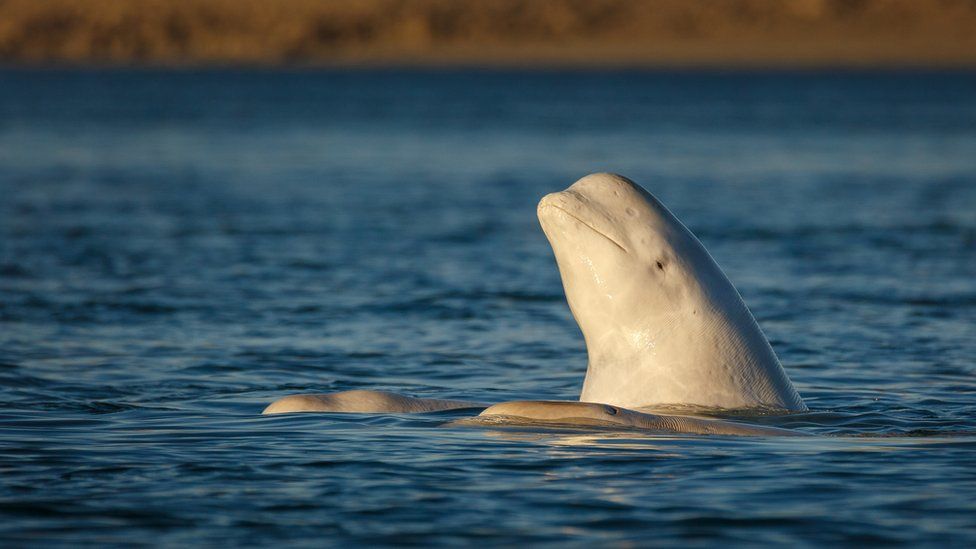Whales that go through the menopause live longer, enabling them to care for extended family, scientists have found.
The research gives clues to the origins of menopause, which is found in humans and a handful of marine mammals only.
In evolutionary terms, stopping reproduction half-way through life is a biological puzzle.
Most species reproduce until they die, seemingly maximising the chances of passing their genes on to the next generation.
Dr Sam Ellis, from the University of Exeter, who led the research, said in some whale species evolution had selected for a longer female lifespan so mothers and grandmothers could continue to support their family long after the end of their own reproductive life.
“We see just the same patterns in human societies, where women have a reproductive period similar to that of our closest primate relatives but have a much longer total lifespan,” he said.
- Orca mothers keep 5-tonne sons out of trouble
- Killer whale v shark: Solo orca eats great white
- Orcas ‘learning from adults’ to target boats
 IMAGE SOURCE,GETTY IMAGES
IMAGE SOURCE,GETTY IMAGESThe findings, published in the journal Nature, are part of a decades-long effort to solve the long-standing evolutionary mystery.
A team led by scientists at the University of Exeter compared the lifespans of 32 species of whales.
They found females of five “menopausal” species – narwhals and beluga, short-finned pilot, false killer and killer whales – lived about four decades longer than other toothed whales.
 IMAGE SOURCE,GETTY IMAGES
IMAGE SOURCE,GETTY IMAGESThis allows them to spend more time with – thus boosting the survival of – their offspring and grand-offspring.
And because they have no more offspring themselves, there are fewer mouths to feed.
 IMAGE SOURCE,GETTY IMAGES
IMAGE SOURCE,GETTY IMAGESOnly species such as the orca, or killer whale, that live in tightly knit family groups with complex social structures go through the menopause.
Rebecca Seer, professor of population and health, at the London School of Hygiene and Tropical Medicine, who was not involved in the study, said: “The whale study suggests that it is plausible that in humans, too, the same selective pressures meant that menopause evolved in order to produce helpful grandmothers and to reduce reproductive competition between generations.”
